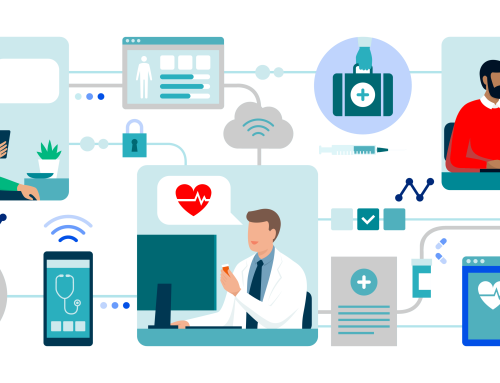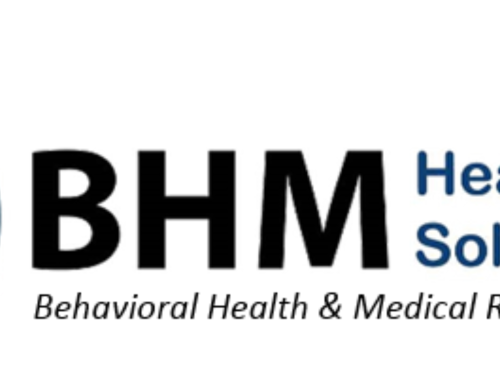In the ever-evolving realm of healthcare, maintaining and enhancing medical standards is of paramount importance. The rapid advancements in medical science and technology demand a vigilant approach to ensure that patient care remains at the highest level. One indispensable tool in this pursuit is the practice of physician peer reviews. Physician peer reviews are a fundamental aspect of quality assurance in healthcare, fostering continuous improvement and accountability. This article delves into the significance of physician peer reviews, exploring their role, benefits, and impact on elevating medical standards.
Understanding Physician Peer Reviews
Physician peer reviews involve the assessment of a healthcare professional’s clinical performance by their colleagues. This process aims to evaluate the quality of care provided, adherence to best practices, and compliance with professional standards. Peer reviews may include the analysis of medical records, procedures performed, patient outcomes, and communication skills. By engaging in peer reviews, physicians engage in self-regulation that maintains the integrity of the medical field.
The Role and Benefits of Peer Reviews
- Quality Improvement: Physician peer reviews serve as a catalyst for quality improvement. Constructive feedback from peers highlights areas for enhancement, allowing physicians to refine their practices and deliver better patient care.
- Identifying Knowledge Gaps: Through peer reviews, healthcare professionals can identify knowledge gaps and stay current with the latest medical developments, thereby reducing the risk of outdated practices.
- Encouraging Accountability: Peer reviews foster a culture of accountability among healthcare providers. Knowing that their peers are evaluating their work encourages physicians to remain diligent and committed to delivering optimal care.
- Patient Safety: The primary beneficiary of elevated medical standards is the patient. Peer reviews contribute to patient safety by identifying potential errors, promoting standardized practices, and reducing medical negligence.
- Continual Learning: Engaging in peer reviews promotes lifelong learning. Physicians are exposed to diverse perspectives and practices, broadening their knowledge base and encouraging professional growth.
Impact on Elevating Medical Standards
Physician peer reviews play a pivotal role in elevating medical standards. Regular peer reviews have been associated with improved patient outcomes. Healthcare institutions implementing robust peer review programs experienced reduced complication rates and higher patient satisfaction scores.
In an era where evidence-based medicine guides decision-making, physician peer reviews add another layer of validation. They contribute to evidence-based practices by ensuring that treatments and interventions align with the latest research findings.
Pioneering Excellence Through Collaborative Care
Elevating medical standards is an ongoing commitment that requires collaboration, accountability, and continuous improvement. Physician peer reviews stand as a beacon in this pursuit, driving healthcare professionals to refine their practices, stay current with advancements, and ensure patient safety. Through the process of peer reviews, healthcare institutions can enhance the quality of care provided and contribute to the overall advancement of the medical field.
Learn More About BHM’s Physician Peer Review Platform
References:
AMA: Legal Protections for Peer Review H-375.962
| Editor’s Note: BHM Healthcare Solutions offers case review and medical director expertise, business intelligence, software, CIA consulting services and accreditation support focused on improving patient care. Contact BHM for a brief discussion on how BHM achieves success. CLICK HERE |







Leave A Comment